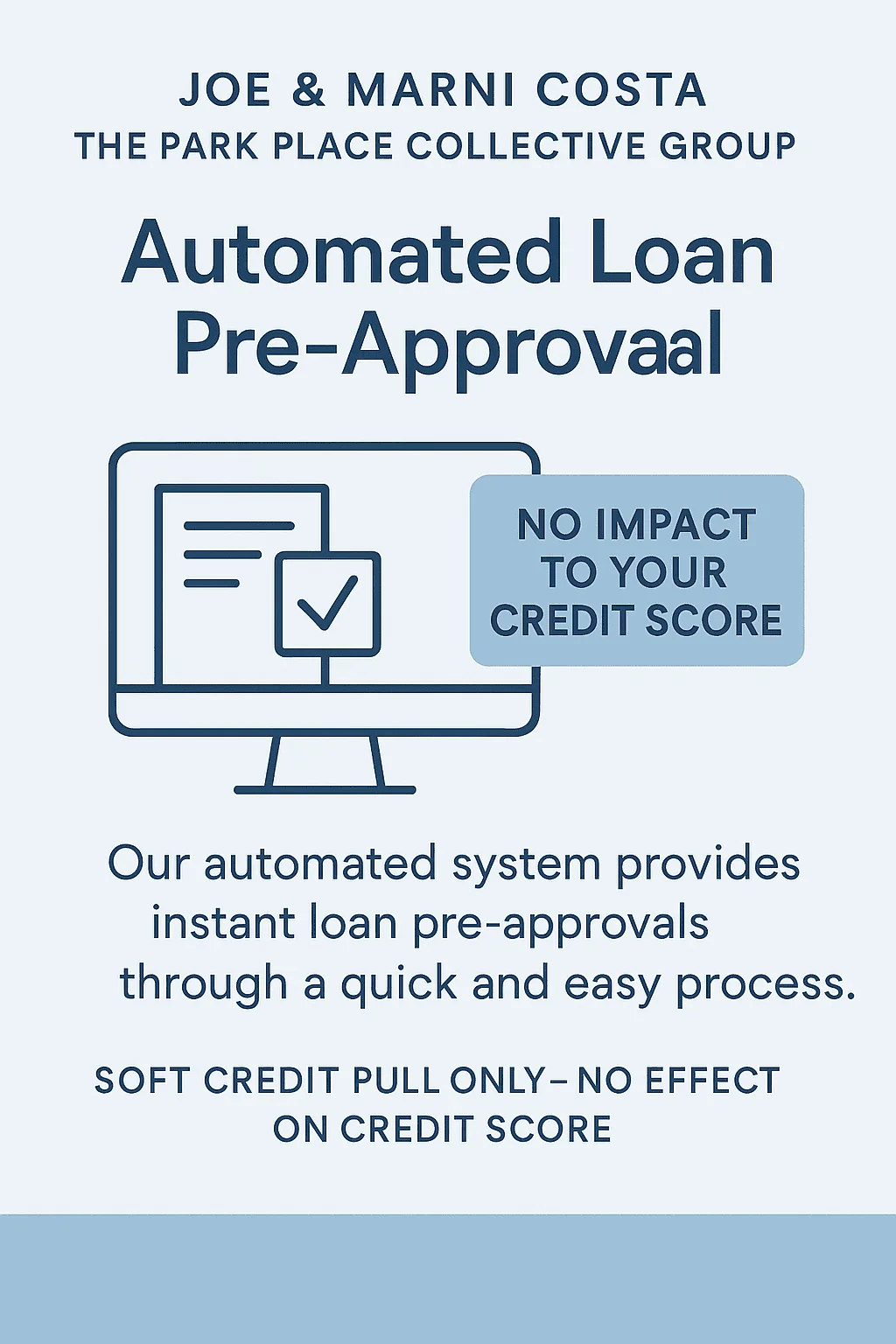What Truly Sets Park Place Collective Group Apart: Unmatched Client Service
Why Client Service Sets Park Place Collective Group Apart
At Park Place Collective Group, led by Joe and Marni Costa, client service isn't just a goal — it's a standard we live by every single day. In an industry where response times can lag and client needs can sometimes feel secondary, we pride ourselves on being different. We have built our reputation by delivering a high-level client experience that rivals even the very best in the mortgage world.
Our Commitment to Availability
One of the key pillars that separates Park Place Collective Group from most mortgage companies is our unwavering availability. We understand that real estate transactions don’t just happen Monday through Friday, 9 to 5. Life happens on weekends, in the evenings, and at unexpected times — and that's exactly when our clients can count on us. We make ourselves available when our clients need us most, ensuring no question goes unanswered and no concern goes unaddressed.
Setting Expectations and Clear Communication
From the very first conversation, we take the time to set clear expectations about the mortgage process. We believe that transparency breeds trust. Our clients are always informed about where they are in the process, what steps are coming next, and what is needed to keep their file moving smoothly.
Follow-through is a cornerstone of our service. We don't just provide updates when asked — we proactively communicate, making sure our clients are never left wondering about the status of their loan.
Handling Client Files as If They Were Our Own
When we take on a client, we treat their file with the same level of care, urgency, and attention to detail that we would expect if we were in their position. Every loan application, every document, every deadline — it all matters to us because it matters to our clients. We believe that this mentality — treating every client like family — is what builds lasting relationships and truly sets us apart.
Problem-Solving with a Solution-First Mentality
In the mortgage business, challenges can and do arise. But at Park Place Collective Group, we don't shy away from them. Instead, we approach obstacles head-on, immediately working with our clients in a solution-mode environment. Rather than getting bogged down in problems, we stay focused on paths forward, ensuring that our clients feel supported every step of the way.
At Park Place Collective Group, our mission is simple:
To provide the kind of service we would want if we were in our clients' shoes — responsive, proactive, caring, and committed to success.
When you work with us, you’re not just getting a mortgage company. You’re getting a dedicated team that’s by your side from start to finish — and beyond.
).png)









